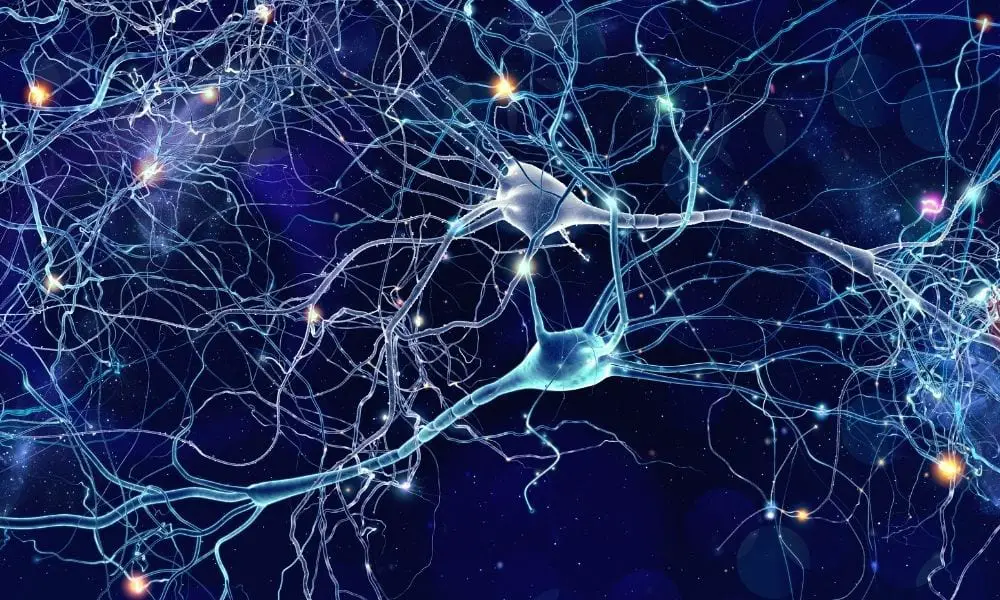

Addiction is often a painful and life-changing occurrence for everyone involved. This includes friends and family members, who are often shocked at how much the experience has wracked their loved one. Understanding how addiction works is the key to both getting help and providing meaningful support to those who need it.
Addiction primarily targets the brain’s reward system. This is the response the brain gets from chemicals such as dopamine, which provides a sense of happiness. When the brain gets a shot of dopamine, it remembers the preceding behavior as a good thing. Ideally, this is meant to reward good habits, but anything can become an addiction once the brain links joy to it too strongly. If a habit of rewarding the brain forms, addiction can become crippling, and there’s often a need for rehabilitation. At this point, the addicted person needs help and support. Understanding how addiction occurs in the brain might be alarming, but coming to grips with it is necessary to provide the needed patience and understanding.
Any kind of addiction can be crippling, but chemical ones are often the scariest and most life threatening. How addiction occurs in the brain is that a false message tells the brain an action is good, even if it’s quite toxic. Besides triggering the brain to say “yum!” whenever the chemical is abused, the drug often has its own triggers as well. Various substances such as alcohol or more complex drugs create an altered state of mind, which often combines with heightened emotions. The brain can become very used to the new state of mind on drugs, and it will essentially begin to demand that state of mind. With this comes a full drug addiction in which the person begins to feel deeply unwell on a physical and emotional level when they’re not on the drug.
Most of the time, the only way to really combat an addiction is to create sobriety. Whether it’s a behavioral addiction or a more insidious chemical one, the effects of sobriety essentially work the same. The person will need to be kept or keep themselves away from the action or chemical they crave, despite what their brain’s reward system is telling them. Unsurprisingly, the brain doesn’t usually take this withdrawal well, and the result can be a lot of uncomfortable false emergency signals—such as physical pain, sickness, anger, and more. Recovery from addiction is a long process that can be hard on the individual as well as on their family. It’s important to understand all the stages of recovery, especially the early hurdles in the process.
The surface of any playground must meet standards for enjoyment and safety, and choosing the…
The chance to go to Pearl Harbor offers a truly immersive experience that everyone should…
Ensure safety and efficiency with a well-maintained tanker trailer pressure management system. Invest in quality…
Learn the best methods for soil sampling, from grid and zone sampling to accurate sampling…
If your truck isn’t as comfortable as it should be, you’re likely leaving the road…
When disaster strikes a business—whether it's a flood, fire, or storm—the path to recovery can…